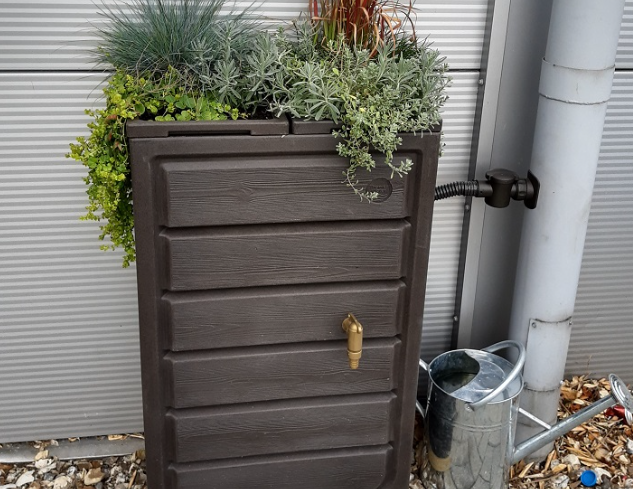Community centric rainwater management
Project highlights
Our rainwater project aimed to help ‘slow the flow’ of rainwater entering sewers.
Ofwat project funding
£225,000
Collaboration
We worked with five partners
Project status
Completed February 2024
Challenge: Managing stormwater runoff
When it rains heavily, excess water runs off roofs and driveways and drains into the sewers. It causes sewers and sewage treatment works to become overwhelmed. The result of this is flooding and pollution.
Single water capture devices have little effect in slowing large volumes of rainwater. However, thousands of devices could create enough ‘distributed storage’ across a neighbourhood. Distributed storage of rainwater offers many benefits. Deployment at scale within target communities has proven challenging.
National debates on combined sewer overflows (CSOs) have focused on large capital investments. It overlooks the ability of communities to contribute to offsetting stormwater overflows.
Solution: A community-driven approach
Our community-centric rainwater project aimed to:
Provide solutions to help ‘slow the flow’ of rainwater entering sewers.
Encourage residential communities to adopt rainwater capture tools.
Provide a framework for building participation in future solutions.
Outcomes and impact
The project developed an industry-wide blueprint for community-based rainwater management, it successfully:
- Increased the understanding of at-source rainwater management strategies
- Enabled monitoring and auditing of assets deployed through Thames Water’s investments
- Brought together stakeholders to explore citizen science-based monitoring approaches
- Developed a smart and community-led resilience strategy
- Provided a framework for building participation in future solutions
- Tested the effectiveness of combining incentives with practical implementation support

The project was awarded winner of regeneration and retrofit - private properties. This was awarded at the susdrain SuDs Awards 2024 hosted by CIRIA.
Timeline and collaboration.
The project ran from July 2022 to February 2024. It was supported by £225,000 in funding from Ofwat and in partnership with five organisations.